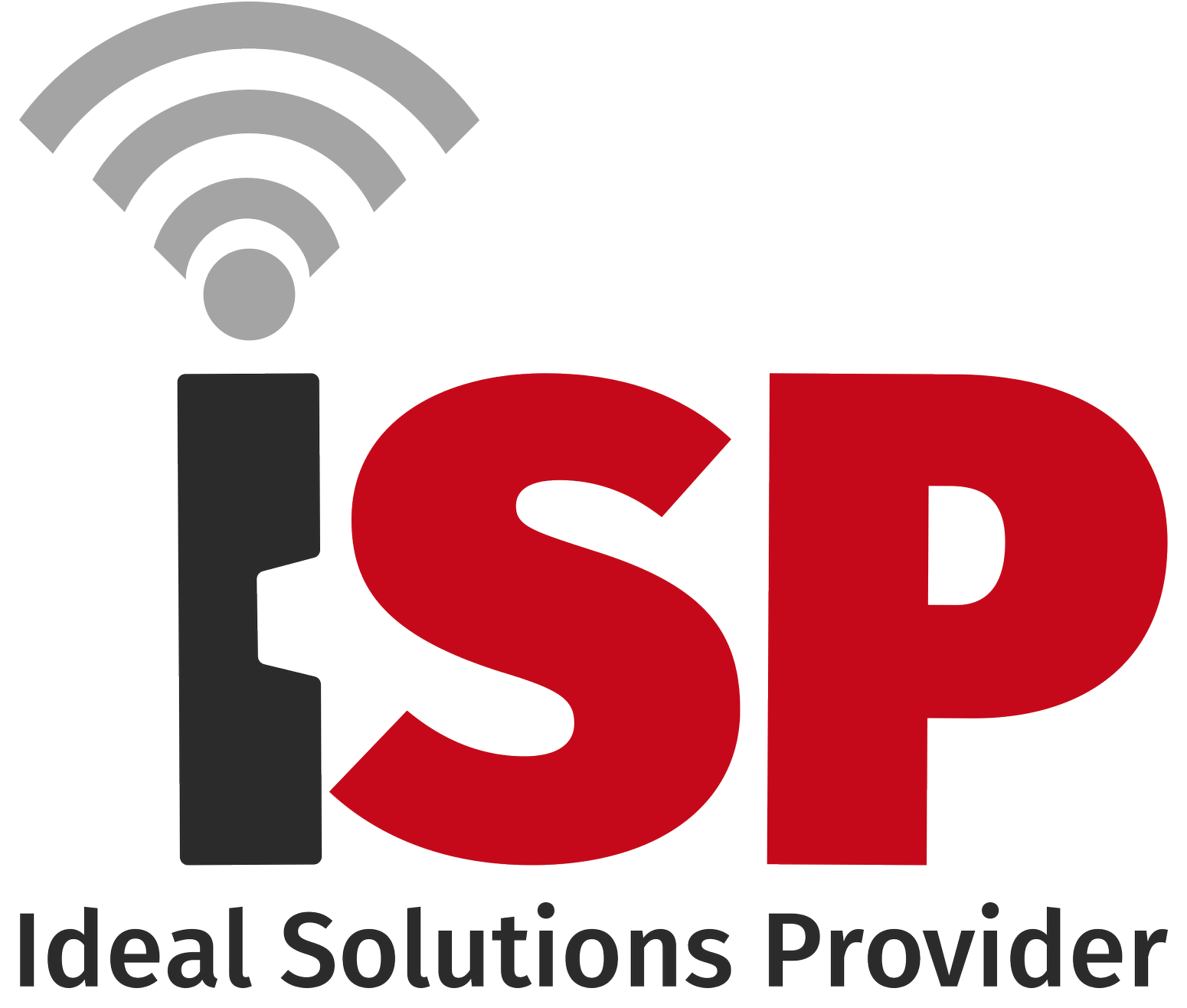Benefits of Unified Communications
What Is Unified Communications?
Unified Communications is an indispensable business tool that integrates all your communications into one simplified and enhanced interface.
The result of an increasing number of communication tools and gadgets, Unified Communications has become a necessity for juggling multiple inboxes and modes of communication in today’s business world.
From your phone line to instant messaging to social media, Unified Communications makes it possible to keep up with everyone and everything.
So, How Does It Work?
Unified Communications typically uses VoIP to integrate a variety of communication technologies. This includes IP Telephony, email, voicemail, instant messaging, Outlook, and more. Think of Unified Communications as the Swiss Army Knife of 21st-century communication. Due to its flexibility, interest in this communication strategy continues to increase by leaps and bounds.
What Are The Benefits Of Unified Communications?
There are so many advantages of Unified Communications that we cannot cover them all in a single blog post. However, we will list and explain the most important ways in which this communication strategy will enhance your business.
- Security
The technology transforms regular communication into digital communication taking place through the transfer of data over digital networks. This allows your IT department the possibility of encrypting information which travels across networks, preventing the communication from falling into the wrong hands. This is particularly useful when transferring sensitive information, such as the personal data of clients.
- User-Friendly
By combining all the communication a person has to deal with within one inbox and via one phone number, Unified Communications streamlines the communication process. This makes life easier for users who do not have to check messages across multiple platforms and remember numerous usernames and access codes. Such a large number of platforms often encourages people to write down usernames and passwords, creating a significant security threat if that information is intercepted by the wrong party.
The other benefit of Unified Communications is that the user does not have to learn different features of each communication platform. Instead, they only have to learn the characteristics of one communication product allowing them to pick up gradually the intricate options made available to them via their Unified Communications platform. The familiarity definitely makes it a more user-friendly experience.
- Efficiency
Employees can sign in and work from anywhere in the world and Unified Communications allows them to complete their assignments in an effective and timely manner.
- Advanced Telephone Options
A principal benefit of Unified Communications is the various advanced telephony options it provides to users.
Dialing Short Number
For corporations that have employees scattered throughout a gigantic geographical area, Unified Communications permits dialing shorter numbers, as area codes are not required.
Multiple Device Rings
Unified Communications allows an individual to contact the correct person when they need to communicate with them by calling him or her on multiple devices simultaneously. Regardless of the location of each device, a person may call up the user on a desktop, office phone or mobile phone at the same time.
One Number
Users on a Unified Communications network have a single number they can be reached at regardless of the equipment (mobile phone, office phone, laptop phone, and so on). Having one number for all the devices means a user may start a conversation on the office desktop and continue it on his mobile phone when he or she leaves the workplace. Clients no longer have to be told they will be contacted at a later time.
The technology offers a tremendous array of advantages for businesses, regardless of their industry, size or structure. Unified Communications allows companies to cut costs and optimize productivity.
RECENT BLOG POSTS


















